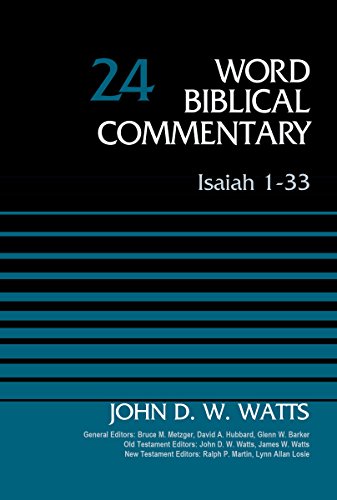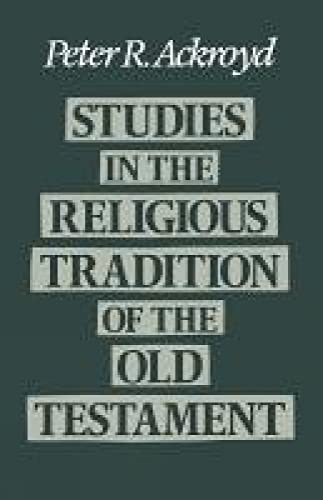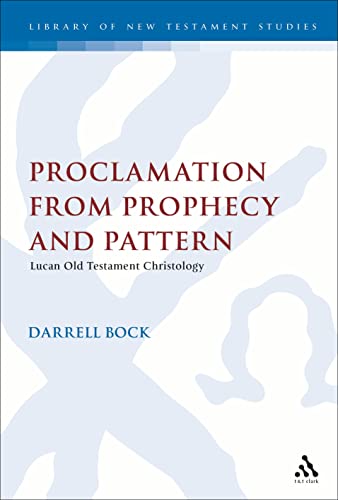Studies in Christian Antiquity
Written by R. P. C. Hanson Reviewed By Graham KeithThis is a wide-ranging series of essays on the early church, all but one of which have previously appeared at different times in varied journals. Professor Hanson claims with justice that each essay makes a positive contribution in its own sphere. Sometimes the issue in focus is a precise textual point; while at the other end of the spectrum we find subjects as vast as the attitude of Christianity to Graeco-Roman paganism and the formulation of Trinitarian doctrine up to the end of the fourth century. The collection is no antiquarian’s indulgence. Several themes—e.g. ministry, the eucharist and the Filoque clause—play a central part in modern ecumenical debate.
We cannot expect such varied essays to have a unified theme, but all alike are infused with the confidence that a reasonably accurate picture of Christian origins is possible and worthy of our understanding. Hanson has no time for historical scepticism, particularly when it is arbitrarily confined to writers prior to the Enlightenment. He sees this as spelling the death-knell of Christianity, and can draw on his knowledge of ancient historians like Herodotus and Thucydides to illustrate the excessive and unparalleled criticism to which the NT documents have been submitted.
Hanson possesses in rare combination the skills both of an historian and of a theologian. He has a perceptive eye for subtle developments of doctrine and the context in which they occurred. This naturally raises the important question of Scripture and its relationship to doctrinal developments subsequent to the apostolic age.
Undeniably, considerable development occurred from the primitive statements of the sub-apostolic age. To correlate this fluidity in Christian doctrine with the unchanging word of Scripture is no easy matter. Hanson’s own view runs along the following lines. It is the insufficiency of the Scriptures themselves which, in part at least, necessitates doctrinal development. He also pinpoints the missionary activity of the church as a contributory factor; for this forced the church to answer the challenge of competing philosophies.
Hanson’s attitude to the insufficiency of Scripture is clear when he writes, ‘The Bible does not give us a specifically Christian doctrine of God, though it gives the raw material for this’ (p. 238). Certain cardinal doctrines are embraced in this. He believes, for example, that the Cappadocians went beyond Scripture (and were right to do so) when they ascribed a full and separate place to the Spirit in the Godhead.
But Hanson offers us no adequate reason for accepting the validity of this development. True, he does suggest some thoughts arising out of the nature of Christian religious experience, but this should not deny the essential subjectivity of his judgment. In short, he fails to lay down principles to distinguish legitimate from illegitimate developments in doctrine. It comes, then, as no surprise that Hanson is against excessive dogmatism, which with some exaggeration he finds a modern rather than a patristic phenomenon. He is prepared to countenance the simultaneous emergence of quite distinct theological traditions without judging between them. This is how, for example, he handles the Filioque dispute.
That is not to deny that Hanson’s comments on particular issues do often hit the mark. He rightly states that the opponents of Arianism did more justice to the NT, especially John’s Gospel, than did the Arians. He is aware that borrowing from Greek philosophical terminology was inescapable, but can point to ways in which it was a mixed blessing. Again, his essay on the development of an ordered ministry sets out parameters beyond which it would have been detrimental for the church to go. He denies Jewish precedents for the ministries of the early church, and adumbrates a case for the view that the structures of the Christian ministry will inevitably contain an ad hoc element. Perhaps his comments about excessive dogmatism are more in place here than with the doctrine of the Trinity.
Hanson’s style is lively and clear. At times it might almost be described as swashbuckling. He does not suffer fools gladly, whether they be modern scholars or ancient churchmen! This makes for entertaining reading as well as for the occasional overstatement, which may be forgiven as it does more to stimulate a response from the reader than to mislead.
Not least among Hanson’s virtues is his ability to compress much into a short compass. For this reason some essays are particularly useful to undergraduates or those new to the field. I have in mind his account of the development of the doctrine of the Trinity prior to the fourth century (pp. 238–243), his treatment of office in the early church (117–143) and early Christian attitudes to pagan religions (144–229).
But I ought not to leave the impression that this book is for beginners only. Serious scholars of the early church will not be able to ignore such central themes as are ably considered in this collection.
Graham Keith
Ayr







